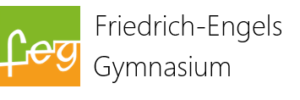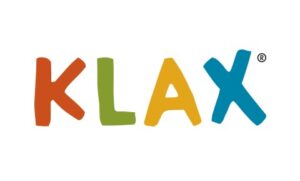The German Education System
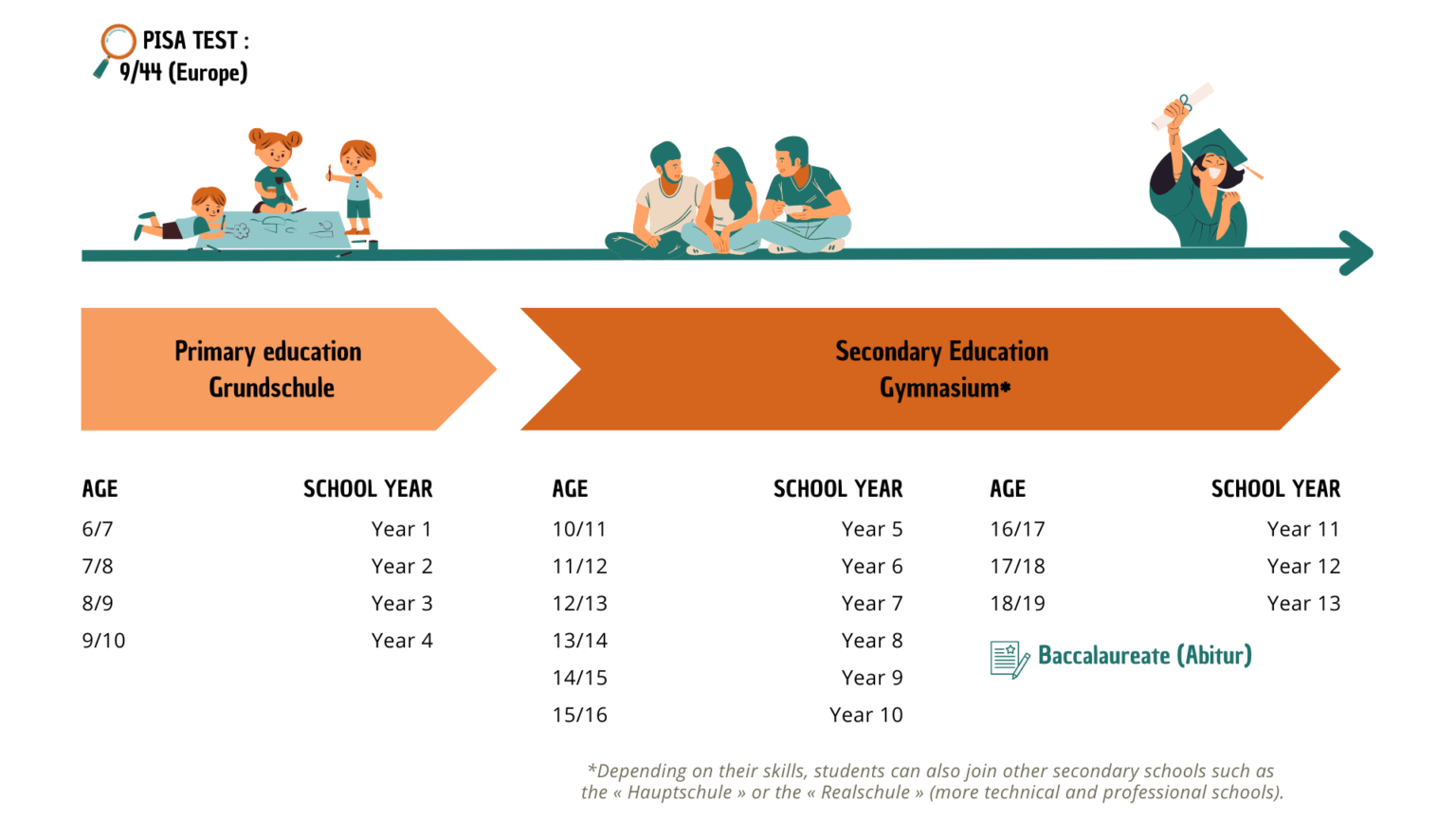
Key facts
In Germany, schooling is compulsory from the age of 6. However, this is one of the few education rules that applies across the whole country…
Indeed, the German school system is based on a decentralized model where education is organized at the Länder level, and therefore differs from one region to another. Each Länder is responsible for curriculum content and school infrastructure. However, there is still a certain homogeneity within the country regarding the school systems. The federal state has a generalized Ministry of Education, which deals with issues of funding and international cooperation.
During our field study, we mainly visited schools located in the Länder of Berlin, with the exception of the Montessori Potsdam Oberschule Potsdam which is located in the Länder of Brandenburg. Therefore, the following information mainly concerns the educational system in place in the Länder of Berlin.
In most German schools, students have classes only in the morning (between 8am and 3am). It should be pointed out that there are a growing number of schools offering extended hours in the afternoon (Ganztagsschulen), however this is not yet general practice.
The average lesson lasts 45 minutes, which is shorter than in France for example. Afternoons are often devoted to extra-curricular activities (sports, music…), or to helping with homework.
In Germany, teachers are trained to teach two subjects. The disciplines are not necessarily related (for example, some teachers teach math and sport). This dual specialization is quite rare in European countries.
To evaluate their students, German teachers use a grading system that ranges from 1 to 6, with 1 being the best grade. However, German pupils have fewer written tests than their French neighbors, for example. Grades are of less importance in the German educational system. For teachers, it’s important that students have time to develop themselves through extra-curricular activities. This is why students have few written assessments, never several on the same day, and why they have exercises as homework and not long take-home assignments like in France.
Our trip in Germany
The Gabriele-von-Bülow-Gymnasium is a public general secondary school, representative of Berlin’s educational system. The school offers a bilingual English/German curriculum and other special programs.
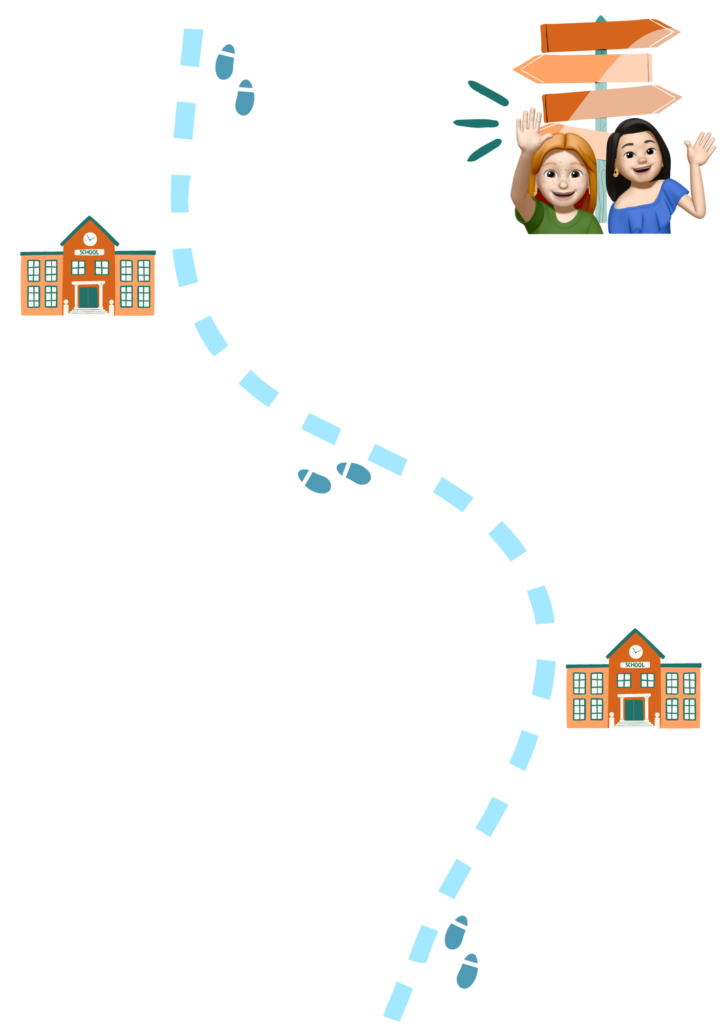
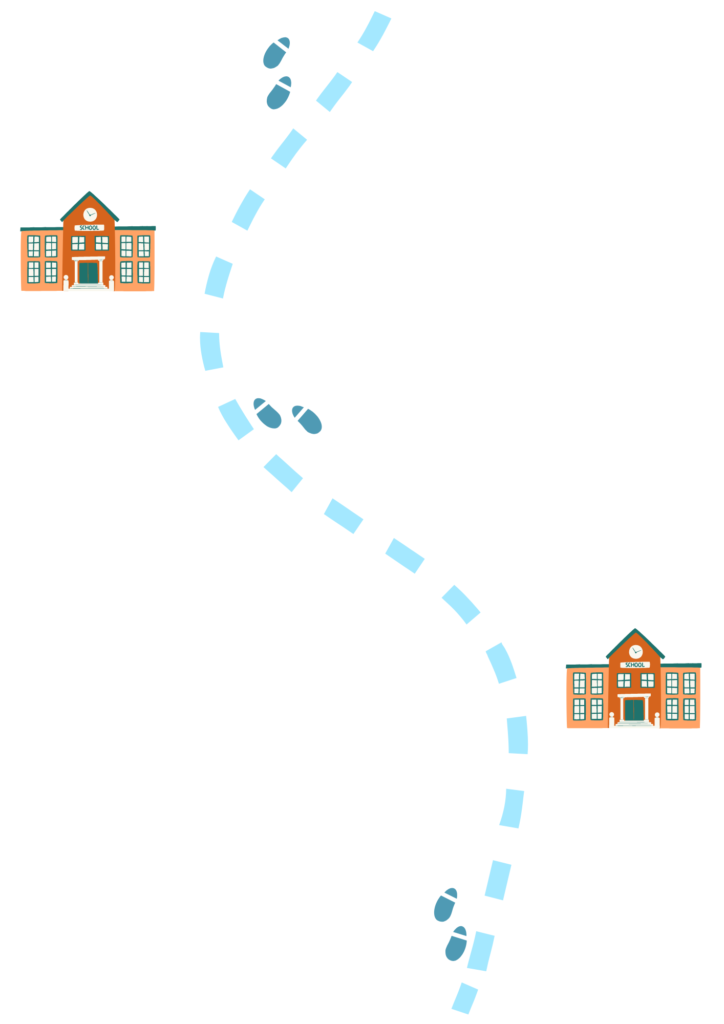
The Montessori Oberschule Potsdam is a private school (primary and secondary levels) that follows the principles of the Montessori teaching method. Students are often encouraged to be active in their own education, to choose their own activities and to work at their own individual level to foster their autonomy and holistic development.
Two frenchies in Germany!
Because sometimes pictures convey more than words can express...

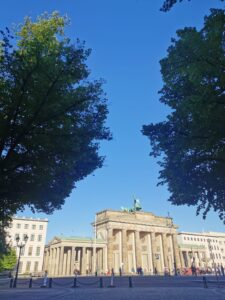
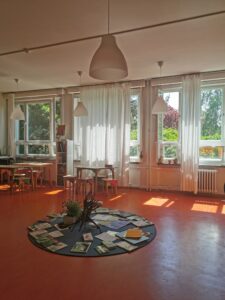

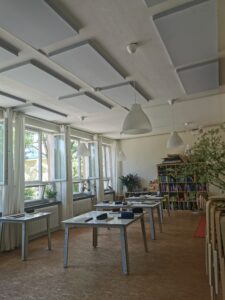

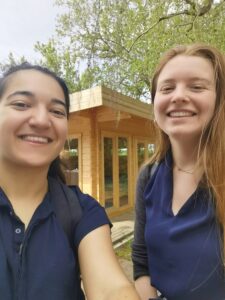

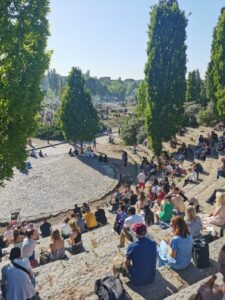

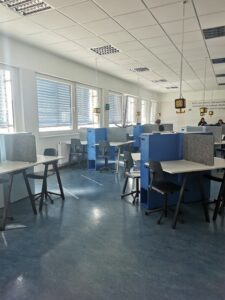


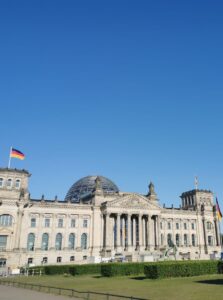



This country is amazing !

Bretzel
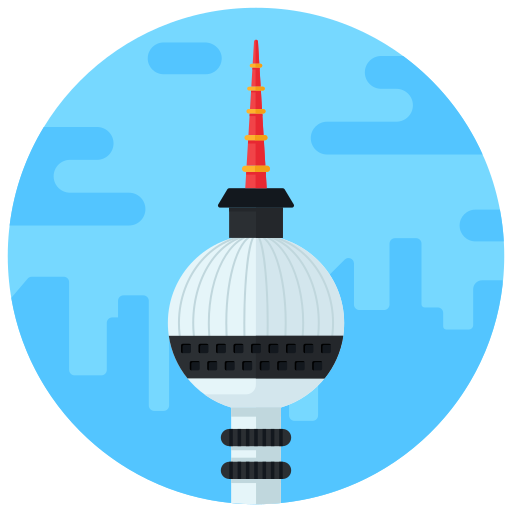
The Television Tower
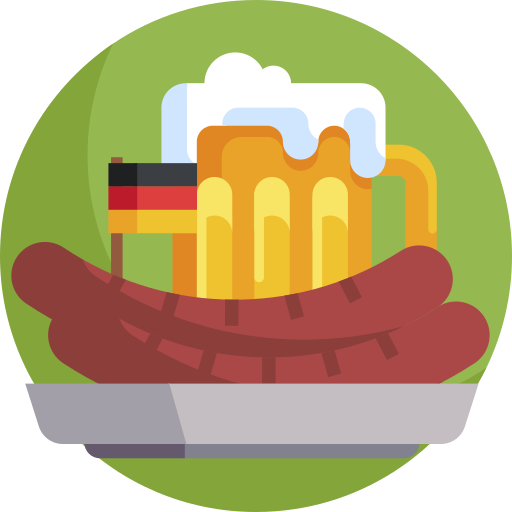
Beer & Wurst

The branderburg gate
I think school today should prepare you for tomorrow, for today and for tomorrow, actually. And I think it should enable you to unravel your potential, to know what kind of person you are. Where are your strong suits? Where are your defaults, maybe? What are you interested in? What do you want to do in life? Where is your place in society?
Ferdinand Geib
Geography and Biology teacher in Gabriele-von-Bülow-Gymnasium
If you want to learn more about education in Germany...

Ferdinand Geib
![]()
A German Biology and Geography teacher explaining his highly contemporary vision of the role of school today.


